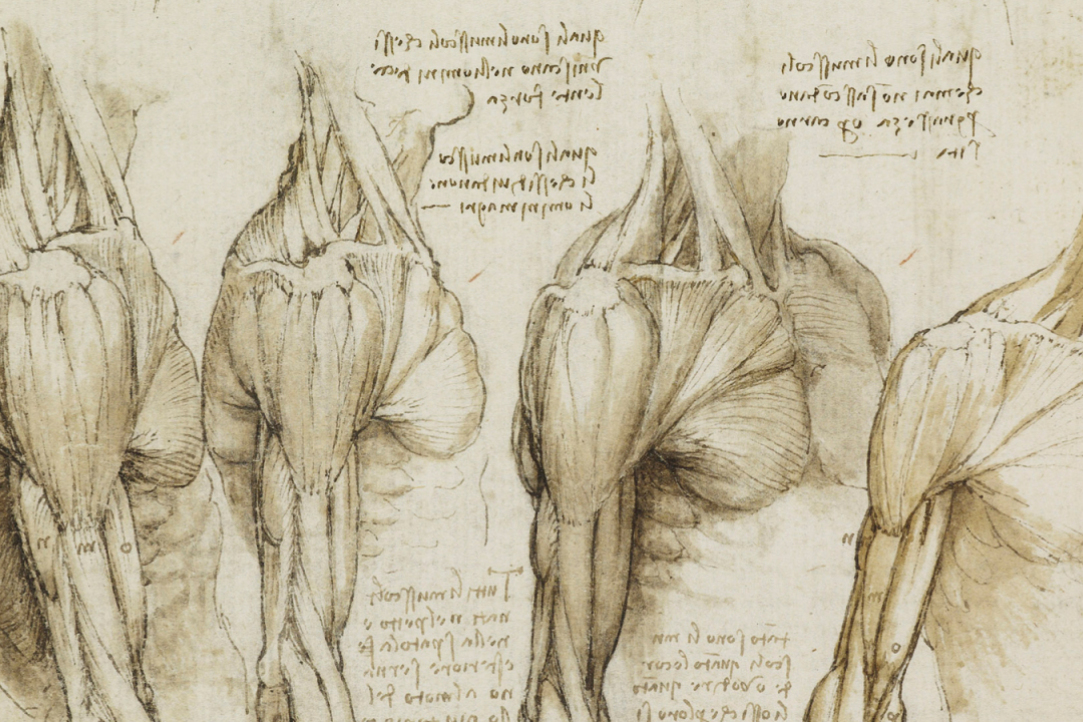
Researchers Discover CP Violation in Charm Meson Decays
Researchers from HSE University and Yandex, as part of the LHCb collaboration at CERN, have been the first to discover CP violation in charm meson decays.

Donor Muscle Training Before Transplantation Expedites Rehabilitation Process in Patients
Researchers at the Institute of Cognitive Neuroscience of the Higher School of Economics have proposed to train transplanted muscles in advance with new movements so that the brain can learn to use them more quickly after autotransplantation. The results of the study on the prospects of this approach were published in the article ‘Perspectives for the Use of Neurotechnologies in Conjunction with Muscle Autotransplantation in Children’.
Researching the Link Between Organizational Culture and Innovation
Professor Carl Fey from Aalto University has been invited to speak at the 20th Annual April International Academic Conference at HSE Moscow. In his talk, entitled ‘Facilitating Innovation in Companies in Russia: The Role of Organizational Culture’, Professor Fey will present research that he has been conducting with his colleagues on the relationship between organizational culture and innovation.
.jpg)
The Garbage Problem: How Russians Are Dealing with It
Waste sorting is recognized as the most effective way to deal with the world’s waste problem. Yet nearly 70% of Russians neither sort their garbage nor intend to. But this is no reason to underestimate the population: 86% of Russians have adopted at least one of the habits outlined below to reduce household waste. Marina Shabanova studied the forms, motives, and potential of these practices. The results of the study will be presented at the 20th Annual April Conference at HSE.
Exploring Global Politics, Culture, Art and Propaganda in the Social Media Age
Today, we have moved from the political concept of panem et circenses (bread and circuses) to keep the masses happy to the dangers of culture driven by spectacle and politics driven by algorithms. Post-war theoreticians of the crowd had personal experience of fascism, and today contemporary artists are attempting to address similar problems. During the XX April International Academic Conference on Economic and Social Development, scheduled this year for April 9-12 at the Higher School of Economics, Sarah Wilson, Professor of Modern and Contemporary Art at the Courtauld Institute of Art, University of London, will explore some of these issues in her presentation 'Culture and Emigration, Crowds and Power.'

Too Much Thought: How to Stop the Flow of Bad Academic Publications
Redundancy and crisis — these are the words higher education experts Philip G. Altbach and Hans de Wit use to describe the situation in the global market of academic publications. It has been largely caused by external factors, such as the rise of university rankings that focus on the number of research and papers and pressure by publishers. But universities’ behavior is also an explanation for the crisis. Many of them try to imitate research universities and produce lots of publications of widely varying quality, the experts said in their paper in the HSE journal International Higher Education.
Guest Lecture on Kropotkin’s Political Manifesto
On April 2, Sonia Arribas, Senior Lecturer at Universitat Pompeu Fabra, will give a talk as part of the seminar ‘West and East: Universalism of Culture’ at the HSE International Laboratory for the Study of Russian and European Intellectual Dialogue. In her talk, Sonia Arribas will map out the various functions of the symbol of ‘bread’ in Piotr Kropotkin’s The Conquest of Bread.
.jpg)
Expert on Authoritarian Regimes to Speak at April Conference
While much of the focus on politics and global affairs over the past several decades has been on democratization, the most striking thing about this period has been the survival and spread of authoritarian regimes, argues Graeme Gill, Emeritus Professor in the Department of Government and International Relations at the University of Sydney. Professor Gill is one of the presenters at the upcoming XX April International Academic Conference on Economic and Social Development, scheduled this year for April 9-12 at the Higher School of Economics.

The Success of an Environmental Charge
In October 2015, England introduced a charge for single-use plastic bags in supermarkets. The charge was largely supported by the population, led to substantial reduction in plastic bag use, and catalyzed a wider support for similar measures aimed at tackling plastic waste.
The Role of Personal Preferences in Economics
Prof. Dr Thomas Dohmen from the Institute for Applied Microeconomics, University of Bonn, Germany is to deliver an honorary lecture at the upcoming April Academic Conference at HSE University April 9 – 12. HSE News Service spoke with Dr. Dohmen about his work on the Global Preferences Survey (GPS), an international survey of epic proportions that he helped develop and analyze in order to learn whether individuals differ in terms of economic preferences by country, and more.

